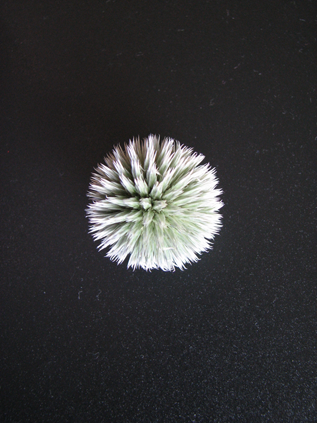Teaching Philosophy |
|
 |
Statement of Teaching Philosophy
My teaching style is one that first recognizes and respects the student as a person and as a scholar. They enter the course with a wealth of knowledge and I do not let that knowledge rest. Accordingly, I do not tend to lecture much. My job is to provide students with tools and a language that allow them to enter literary or theoretical texts with more confidence and agility. In creative writing, my job is to foster a sense of craft that is in accordance with the student's own tendencies and interests. This approach requires that I get to know the student and work with them as individuals rather than an amorphous or homogenous collection. No two classes are alike and no two students are alike. This style of teaching takes time and trust; my presence in the class initiates dialogue, interaction, and meaningful communication. It is through this process that students discover their own power, develop their own skills, and leave the class not only with knowledge but with knowledge that has come from within. It is also knowledge that is highly transferable; when I teach a literature class, I teach reading and critical thinking skills that can be applied to all other disciplines and many life situations. Even in large classes, I believe that it is important to talk with students, not at them. This is sometimes a challenge but I always find it rewarding and see how the students benefit from such efforts.
|